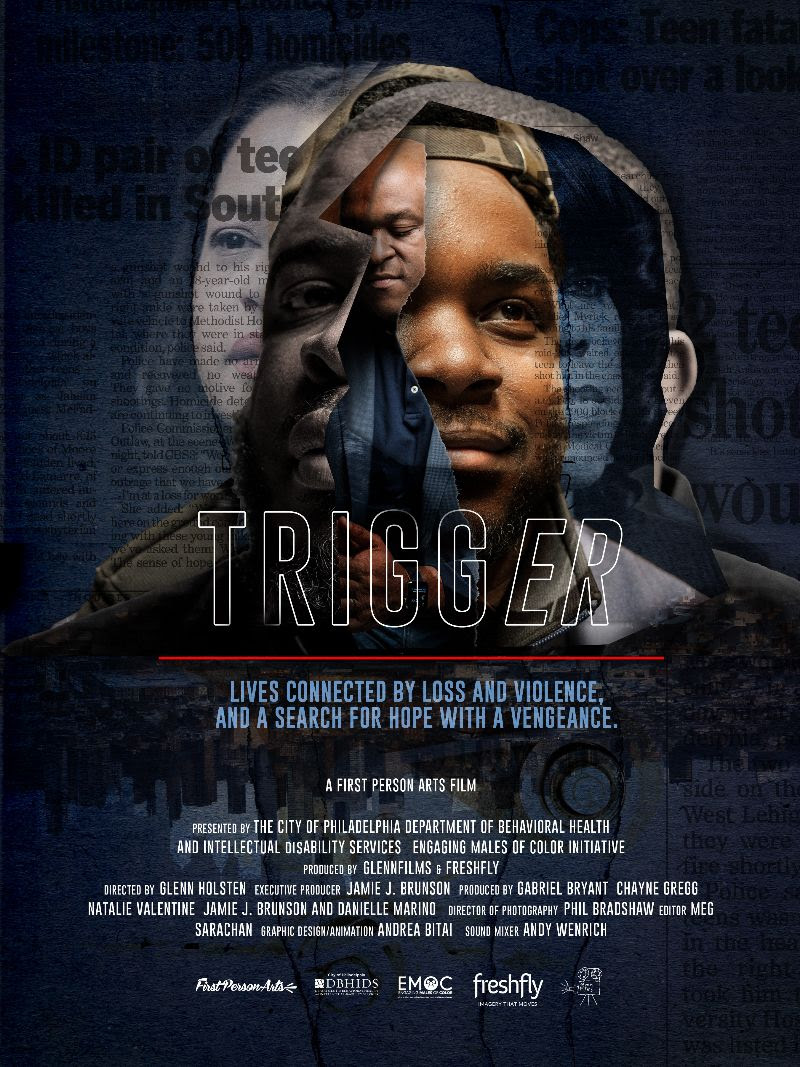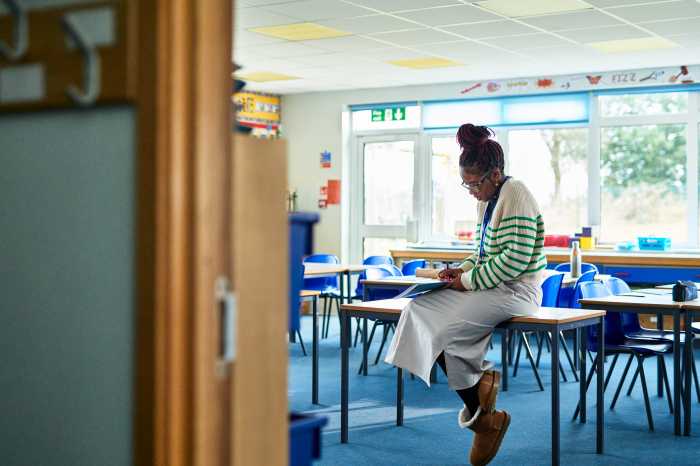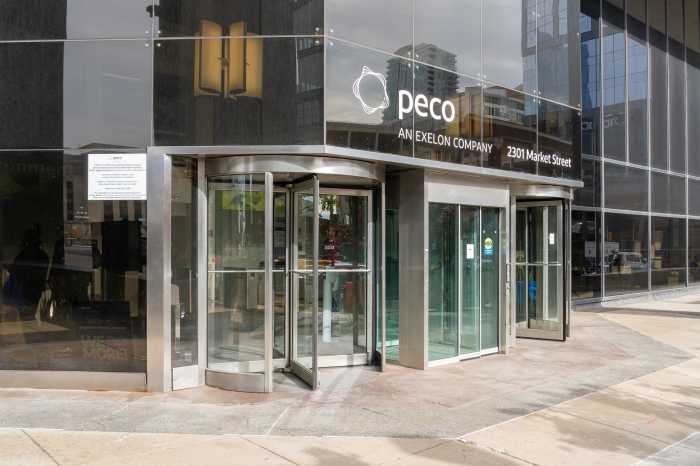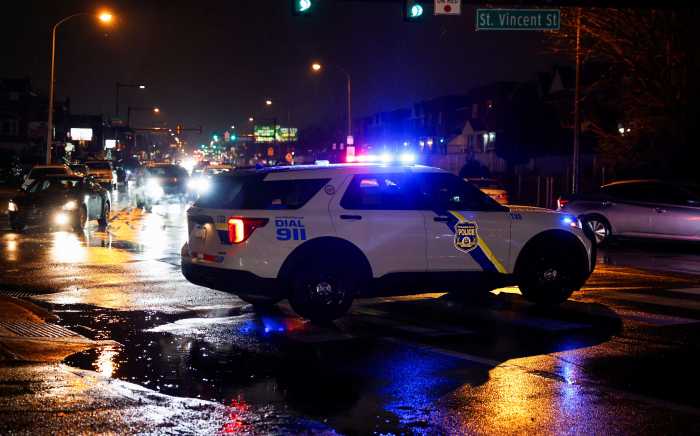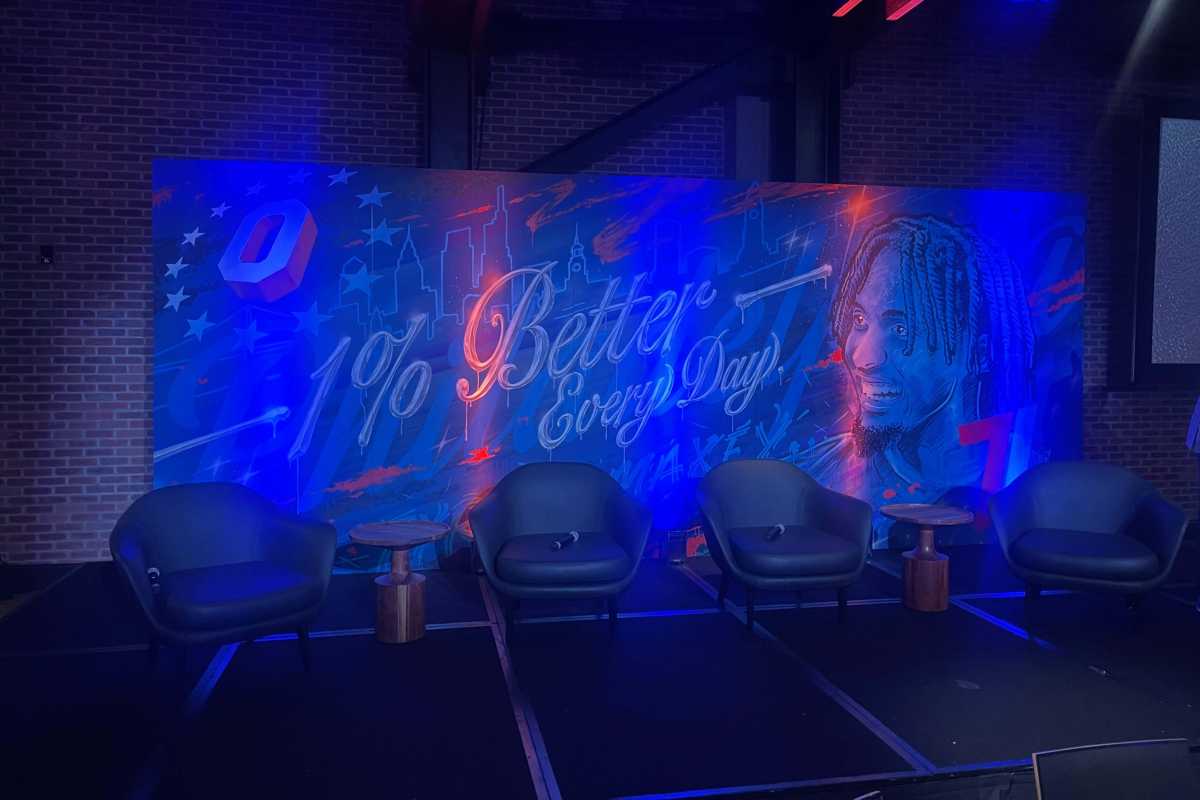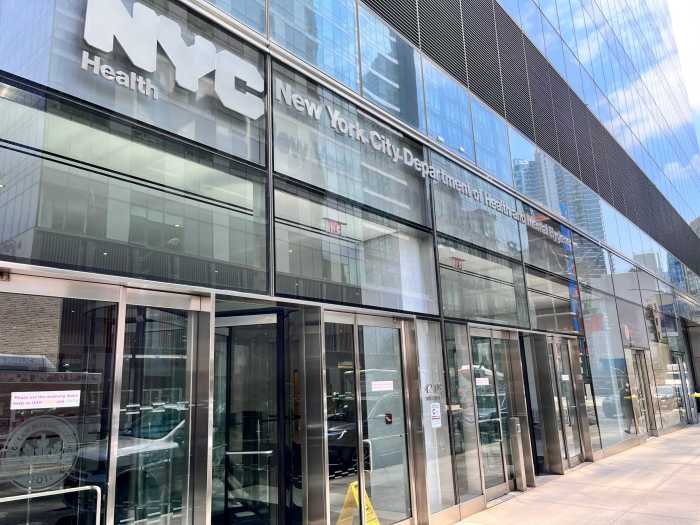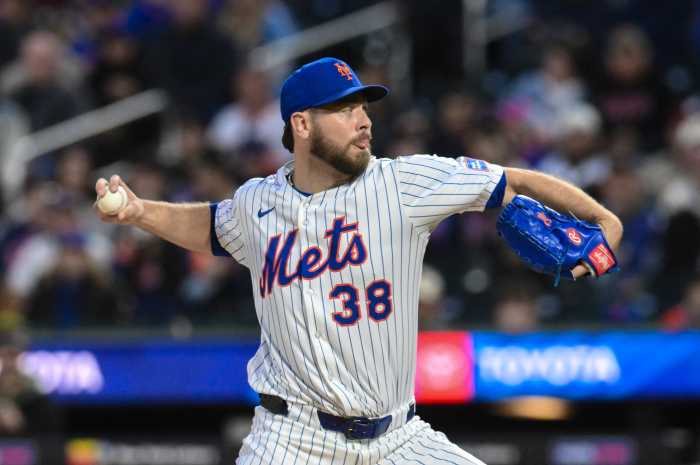It’s no secret that the City of Philadelphia has been plagued by gun violence, but First Person Arts is using what it does best—storytelling—to combat this issue.
With ‘Trigger,’ the local nonprofit organization is using the medium of film to examine this epidemic, or more so, using the film as both a call to understanding and a call to action about the roles each of us has to play in combating it.
When the city’s initiative Engaging Males Of Color approached First Person Arts’ executive director Jamie Brunson with the question: “Can the art and craft of storytelling be used to help heal the trauma experienced by communities and promote resilience?” – she knew immediately how the storytelling organization could help, a release recalls.
That first conversation happened seven years ago, and it was the organization’s commissioner of the department, Arthur Evans, who first approached Brunson about the issue. And they talked about how it directly related to EMOC’s mission—which is to disrupt the disparities in wellness statuses for males of color.
“They suffer disproportionately. And Dr. Evans back then felt that it was due in part to the stigma around talking about wellness issues and talking about trauma,” Brunson recalls. “He approached me and said, ‘Can we use storytelling to help destigmatize these conversations and make it possible for males of color and their support systems to open up about the trauma that they’re feeling through storytelling?'”
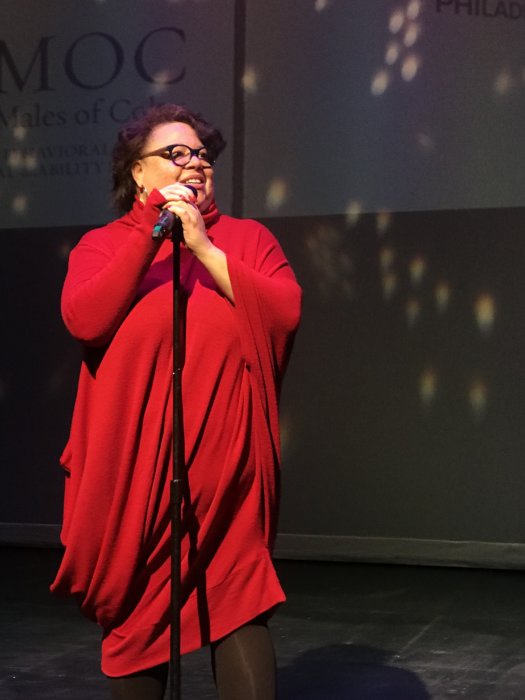
The answer was and still is yes. And over the course of helping this mission come to life, Engaging Males of Color has had three different commissioners, each one dedicated wholeheartedly to this mission.
“Every year we look at what are the most pressing issues facing this group, and we designed storytelling events to empower them to talk about it,” Brunson continues. “And it was a no-brainer, this year we had to do some work around gun violence ergo, ‘Trigger’ came to be.”
The first step to bringing this particular film to life came through research. And as Brunson says, it’s a great example of a partnership between an arts organization and a city agency working to problem-solve together. Through this work, they were able to identify areas in the city that had high gun violence and low behavioral health. Then, they took it a step further and identified 18 people living in these areas that had stories to tell.
“These stories are amazing. And there’s one thing that each storyteller has in common, and that is they have been impacted by gun violence and yet have somehow found hope with a vengeance, hope to use their horrific experiences to lend a healing, helping hand to others,” says Brunson.
Through ‘Trigger’, Philadelphians will hear from a variety of people who were affected by gun violence, including a father who watched his son shot before his eyes while on their front porch. And it’s heavy. But ultimately, the film aims to show that no tragedy can outweigh the strength of the human spirit.
“To hear him talk about his journey through healing to love, and how he is giving back to the community now in the name of his son, and his hope and healing to others that have suffered this and to trying to prevent it from happening again… It’s stories like that we hear over and over again in this film that give us a sense of hope,” Brunson explains.
Audiences will also hear from a nurse at Temple Hospital, who sees the repercussions of this epidemic every day. “She says in the film, I can’t tell you how many times I’ve seen a young Black man take his last breath. Wow. Who finds the strength to get up and go to work every day, not for the ones that she lost, but for the ones she could save,” Brunson continues.
Brunson also notes the community of professionals and passionate creatives behind the project, helping to compel the story to another level—from the director to the manager of Engaging Males of Color to everyone in the editing room who tried to move the dial of this film from tragedy to hope.
“Those [in the film] somehow transformed that experience. They moved through the pain, and I’m not going to say that they’re all completely healed, but they moved through it to a point where they can take that tragedy and turn it into something that could help somebody else. And that’s what I mean when I say the power of the human spirit,” Brunson says.
‘Trigger’ recently premiered in October, but screenings will also occur around Philadelphia in January. The showcases are also aiming to do so much more with its material.
“We’re taking this film into these focused communities in the city of Philadelphia and the Commonwealth. And when we do the screenings in communities, we’re bringing with us a moderator to host a talk back so that these communities can speak and we can talk about problem solving and we can talk about trauma,” says Brunson. “We’re bringing resources, not just trauma resources for communities, but if we know a community has a certain issue that they’re dealing with in addition to gun violence, we’re inviting resources that can help them address those other issues as well.”
Those issues could span job insecurity, homelessness, food insecurities and more. And as for the talkbacks, they will be led by a nationally recognized expert on race, and social worker, Chad Dion Lassiter. The screenings will also have wellness experts in the room, so if someone is in crisis in the moment, there will be someone there.
“We are doing seven screenings in these focus zip code areas throughout the City of Philadelphia. We are doing five screenings throughout the Commonwealth, and we will also make the film available to just download and watch,” Brunson says. “But you know, we are hoping to do as many of the interventions as possible because the interventions allow people and communities to speak and to have their own voices heard. We want to blanket the city with trauma support services using this film.”
Philadelphians can find out where to find out more information on screenings and beyond online at firstpersonarts .org/emoc.
People can also learn more about what else First Person Arts offers—from programs to story slams and much more—all of which are designed to empower people to share their stories and hear their own voices so that they can connect and build stronger communities. Brunson also urges Philadelphians to reach out for help if they need it—including through the the Philadelphia Department of Health hotline at 211.
“The art and craft of storytelling, particularly our practices around memoir and documentary art requires you to think about your experience in the context of your entire life. And also the strength and healing and unique life lesson that you and only you can have and could have learned from that experience,” Brunson finishes. “That offers a sense of healing to the individual. And it also offers them the opportunity to think about what that experience that they had can give to the world.”
To find out more about First Person Arts, visit firstpersonarts.org and to find out more about Engaging Males of Color, visit dbhids.org



